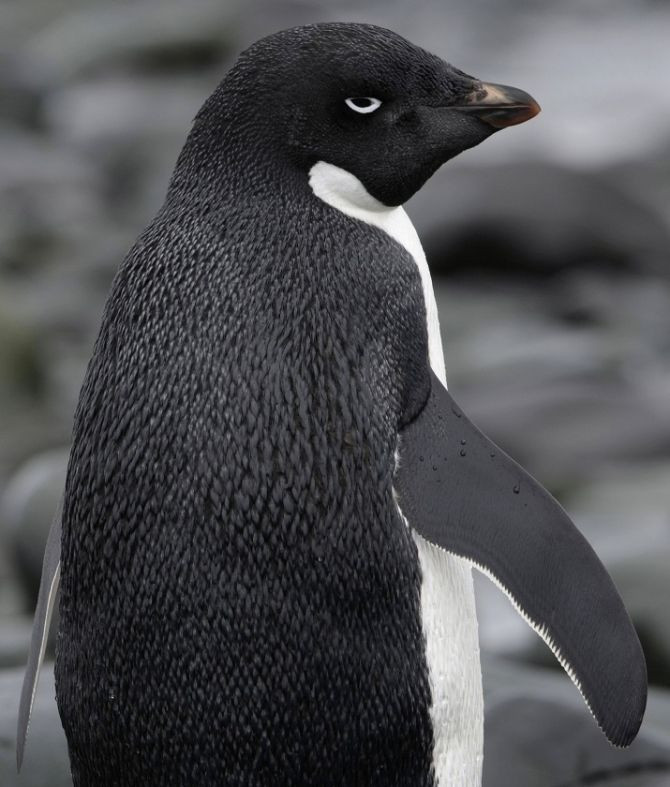Can Marine Life Be Saved By Understanding The Diet Of Penguins?
With water warming four times more than average, south-eastern Australia has become a climate change hotspot. As such, understanding how to future-proof the prey of little penguins here is essential not just for their survival but also for marine life in general.
Understanding The Penguin Diet Can Help Out Marine Life
Out of all the world’s oceans, the waters of south-eastern Australia have been especially hit hard by climate change, warming four times more than usual. As such, a study on little penguins and just how to future-proof their current living conditions had been made. A study that would not only help us understand how they would survive in the future but also how marine life in general can adjust to these changing conditions.
Published recently in Functional Ecology, the Australian Research Council (ARC)-funded study that was led by Monash University and Phillip Island Nature Parks scientists essentially set a new baseline for the long-term monitoring of aquatic food webs, specifically in the Bass Strait.
Through the study, the researchers used the little penguins to determine the availability of their prey, with factors such as what they eat, how much of it they eat and how hard they need to work in order to get something to eat all taken into account. From this, they found that the penguins extracted around 1,300 tons of biomass from their coastal ecosystem over two breeding seasons.
"The study provides a single but robust index of prey availability to inform the sustainable future of penguin food supply, which will assist in their conservation and marine resource management," Associate Professor André Chiaradia, a marine scientist at Phillip Island Nature Park, said. "Penguins are significant predators in the sea around Phillip Island, analyzing their diet is a good way of monitoring how marine life is affected by climate change, pollution and other environmental changes."
"Our collaboration is discovering how adaptable these amazing birds are and how we can use this information to safeguard their future," Associate Professor Richard Reina added.
The study followed a research paper made last year that also explored the diet of penguins.

Published by Medicaldaily.com



























